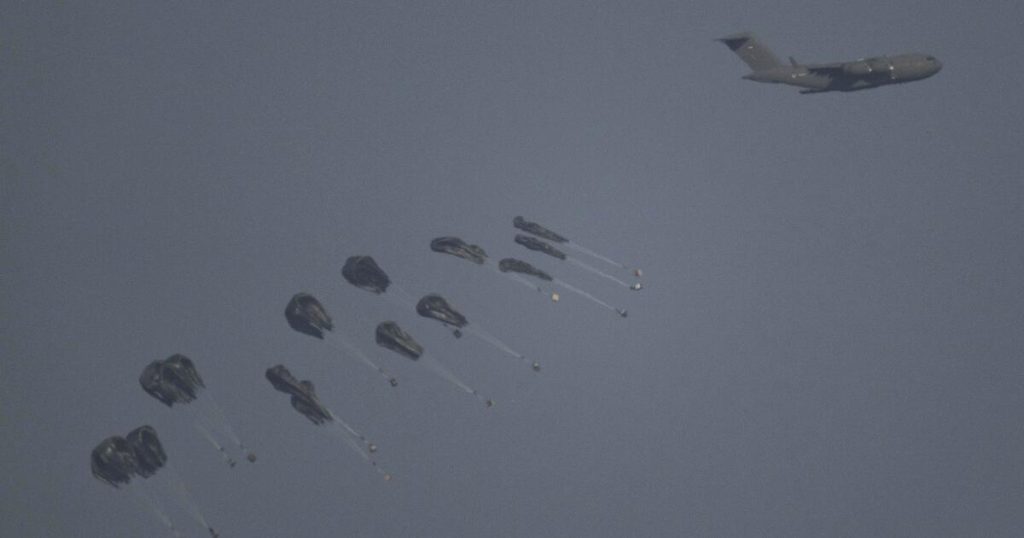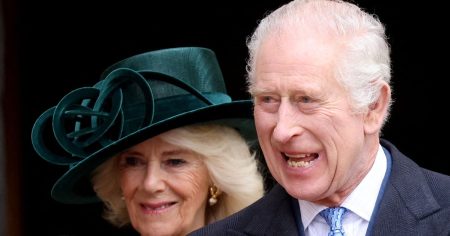The International Court of Justice issued a legally-binding order for Israel to improve the humanitarian situation in Gaza by opening more land crossings for essential supplies like food, water, fuel, and medical aid. This came after South Africa accused Israel of acts of genocide in response to an attack by Hamas, which Israel claims was self-defense. The court ordered Israel to ensure basic services and humanitarian assistance without delay, as well as refraining from actions that harm Palestinians’ rights under the Genocide Convention. Israel was given one month to report back on its compliance with these orders.
The conflict between Israel and Hamas has resulted in over 32,000 Palestinians dead, with widespread displacement and damage in Gaza. International aid agencies report that the entire population of Gaza is struggling to access food, leading to a potential famine. Visiting doctors described horrifying scenes in hospitals, with severely injured children and little resources to provide care. Gaza’s health sector has been severely impacted by the ongoing war, with hospitals struggling to function due to a lack of supplies, fuel, and staff. The situation has prompted calls for urgent intervention to address the humanitarian crisis.
A visiting team of doctors from Jordan witnessed the dire conditions in Gaza, with overcrowded hospitals and limited resources to care for patients. Many hospitals are operating beyond their capacity, with a shortage of staff and essential supplies. The conflict has made it difficult for healthcare workers to provide proper care and treatment to patients, particularly children who are the most vulnerable. The visiting team expressed shock and concern over the conditions they observed in Gaza’s hospitals, highlighting the urgent need for coordinated international assistance.
South Africa welcomed the court’s decision, calling it significant and a vital step in holding Israel accountable for the ongoing crisis in Gaza. The Palestinian Foreign Ministry expressed gratitude to South Africa for bringing attention to the situation and seeking justice for the Palestinian people. Israel, however, did not immediately respond to the ruling. The court’s order emphasized the urgent need for action to prevent famine and address the worsening humanitarian situation in Gaza, pointing to the alarming number of deaths due to malnutrition and dehydration.
Israel has faced criticism for its handling of humanitarian aid deliveries to Gaza, with accusations of impeding access for international groups and the breakdown of public order affecting distribution. The United Nations and aid agencies have raised concerns about the challenges of providing assistance amidst ongoing hostilities and Israeli military restrictions. Israel has insisted that it allows humanitarian aid into Gaza without restrictions, but has also accused the United Nations of failing to properly organize deliveries. Efforts are being made to enhance aid deliveries, including through a plan to start providing aid by sea.
The court’s ruling highlighted the urgent need to address the growing food crisis in Gaza and the devastating impact on the population, particularly children. It called attention to the alarming number of deaths due to malnutrition and dehydration, emphasizing the need for immediate action to prevent further loss of life. Despite efforts to inspect and distribute aid trucks, concerns remain about the effectiveness of humanitarian assistance in reaching those most in need in Gaza. The ongoing conflict between Israel and Hamas has exacerbated the humanitarian crisis, underscoring the importance of international intervention to address the urgent needs of the Palestinian population.








